Swati Renduchintala has been one of the key people working in Andhra Pradesh’s Community-Managed Natural Farming (APCNF) movement since its early days. I met Swati in India in 2019, while I was writing the field training manual for APCNF. I absolutely love the depth she brings to the topic, as well as her directness about how she and the groups she works with are navigating the tangled trio of capitalism, sexism, and India’s caste system.
In this conversation, she weaves her own history—as a young woman of relative privilege—into a history of collectivism in India, and its influence on India’s unique agricultural system. She starts with the successes of the “White Revolution” of community-based cooperative milk production that began in the 1960s, and then goes into the incredible success of the Women’s Self Help Economic Groups—why and how their 100 million members have succeeded at transforming communities and farming practices, (and why similar men’s groups did not).
Though Swati has become an international voice for the movement, she is not confused about her role, or her relationship to the actual farmers. She writes on Linked In: “About last night. It was an honour to represent the voice of the farmers at the French Institute in India event. I acknowledge that me, and several thousands like me have made our careers of what the rural communities do. We just pack, repack, glorify, glossify the hardships and present to the world and pretend we are doing something meaningful. It’s the communities, farmers who do more for us than what we do for them. They open their lives, their stories, their vulnerabilities and homes for us while we harp about our privacy. Amidst this, if I am able to do something for the rural community, be of any use for them, I am here in the sector, lurking.”
As a Rural Management Professional, Swati spent years living with poor villagers to understand the nuanced issues that influence their lives and livelihoods. Much of her work has been with the women’s groups who have been building collective power through mutual credit and mutual aid for decades. These women’s groups in Andhra Pradesh have been instrumental in helping 850,000 farmers transition to natural farming—using local seeds, eliminating costly chemical inputs and pesticides, and doubling and tripling farmer’s net incomes. (For more wonderful history of APCNF listen to my recent conversation with founder Vijay Kumar.) This work is inspiring groups around the world to do the same, including the Alliance for Food Sovereignty in Africa.
In a recent post accompanying a selfie, she writes “This is no false modesty. This comes out from a place that has made me fall in immense love for the rural hinterland of my country. The women and their stories, their lives that I get to share with the rest of the world. I have hopped onto planes, lounges, immigration counters, countries and continents because of them. They are the ones who are accelerating my career with no expectations in return. To the most selfless of humankind, the women of rural India. I bow before thee. (and take a selfie after gossiping in corner of an otherwise boring meeting :D)”
Swati is currently an Associate Scientist with World Agroforestry (CIFOR-ICRAF) deployed at APCNF. As you will hear in our conversation, her work includes looking at complex issues through systemic lenses, in particular changes in food systems. She is also pursuing her PhD from Bangor University, in Systems Thinking for Food Systems through Agroecology.
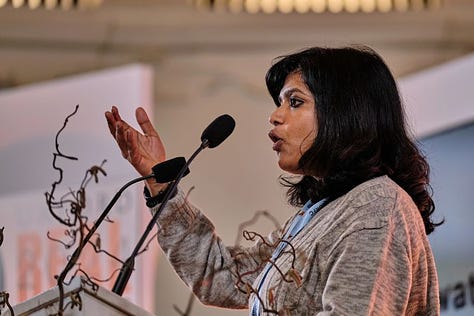
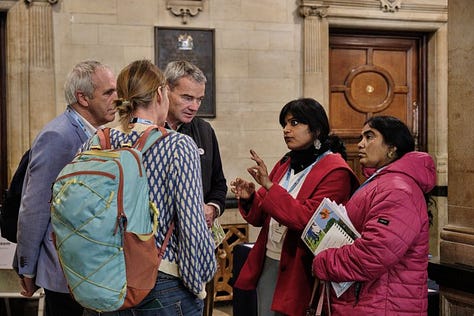
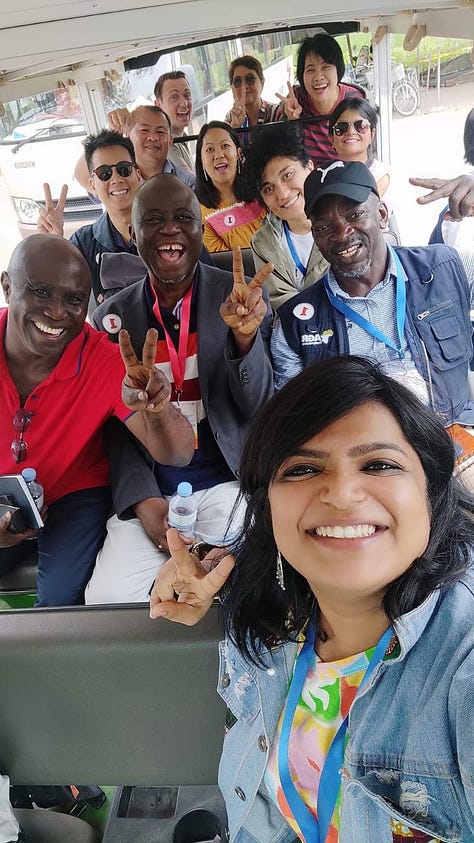
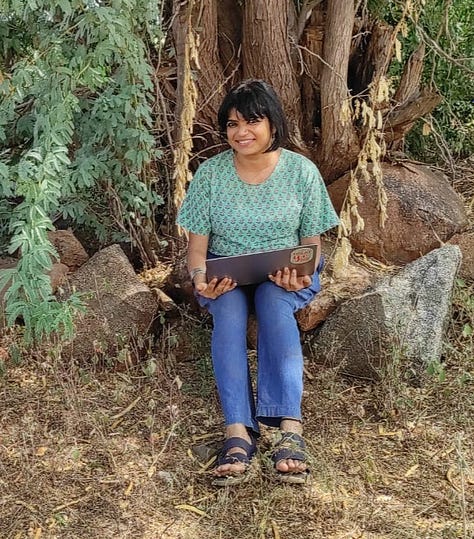
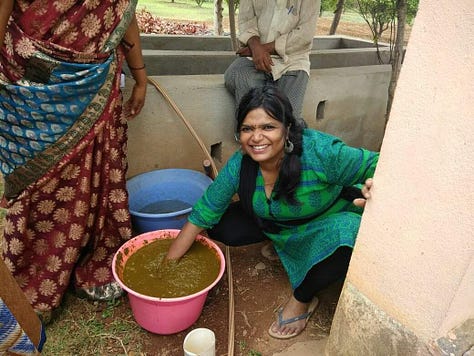
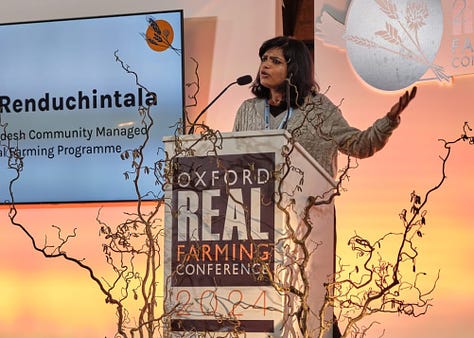



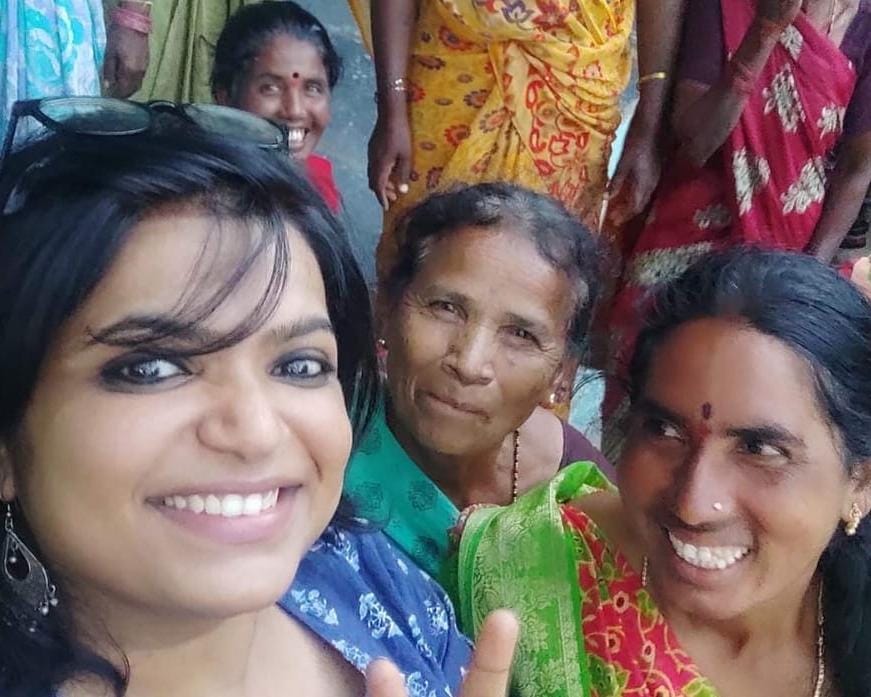




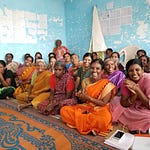
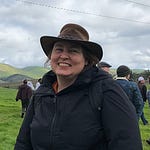



Swati Renduchintala: Collectivism, Capitalism, the Patriarchy, and Natural Farming in India